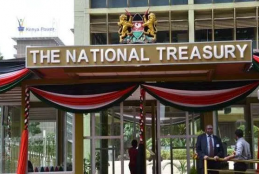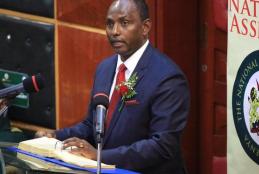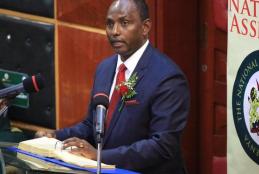Loss-making firms face 1pc revenue tax
In proposed changes in the Finance Bill 2020, Mr Yatani is seeking the green light from Parliament to compel firms which have not been taxed elsewhere to pay one percent of gross sales to the Kenya Revenue Authority (KRA).
The Bill contains new measures which will help generate new revenue to partly fund the Sh3.2 trillion budget.
The proposed levy to be known as minimum tax will take effect January 2021 and is largely targeted at companies which do not pay corporate income tax, which is based on profit.




